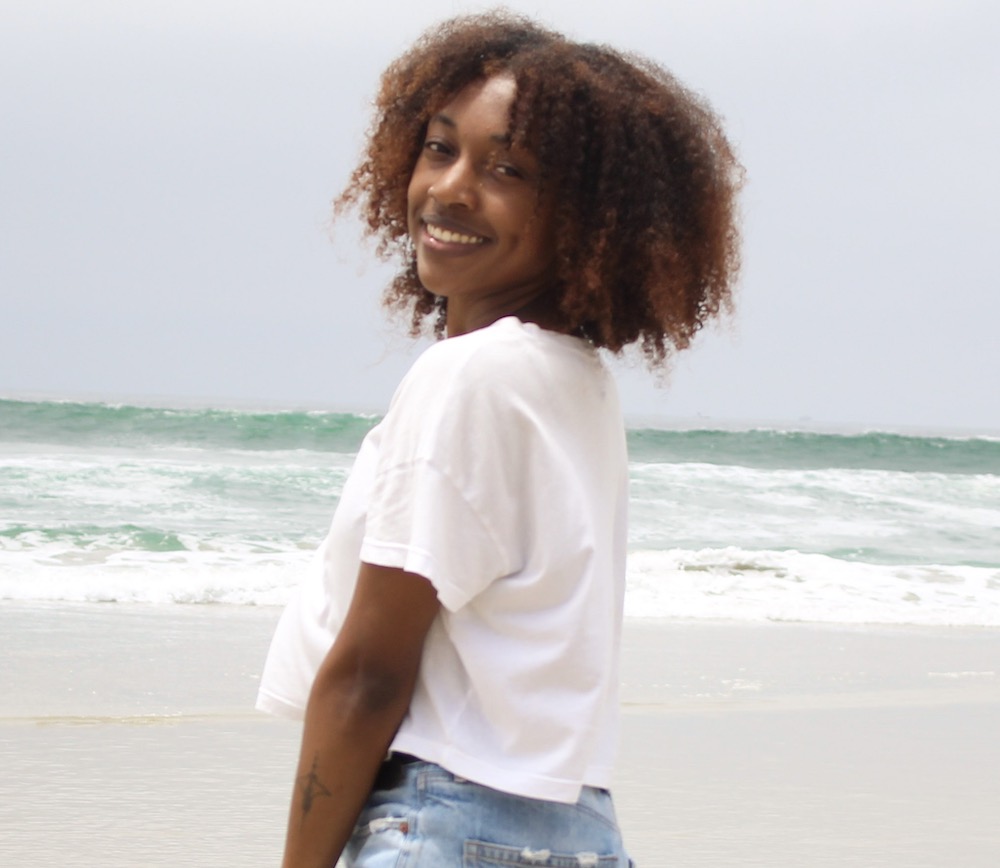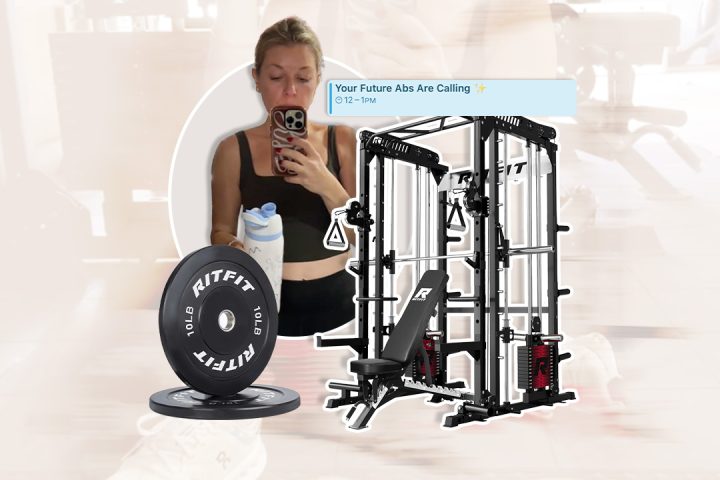From podcasts to rows of books lining shelves at Barnes and Noble, self-development has become a sought-after genre for people on a mission to become their best selves. Whether it’s how to level up finances, introduce something new to our wellness routine, or improve the relationships in our lives, there are an array of resources out there to equip us with the information necessary to reach our goals. However, after being in the self-development space for a while now (I’ve read over 100 self-help books and listened to countless personal development podcasts), I’ve noticed that some self-development messaging is not actually conducive to growth, it hinders it.
At one point in my self-development journey, I had to take a break. What started out as something inspiring with results that felt enriching morphed into a perpetual chore where I never had time to actually enjoy the person I had become after doing the self-work. The break allowed me to dissect the content I was consuming, and rethink the purpose of self-improvement and what it really means to become my best self. Ahead, I’ll be sharing self-growth propaganda that needs to be banned once and for all from our personal development journeys and what mindsets I’m subscribing to instead.
“What started out as something inspiring morphed into a perpetual chore where I never had time to actually enjoy the person I had become after doing the self-work.”
Propaganda #1: Self-growth has a destination we need to rush to
Self-development material is sometimes structured in a way that promises a secret formula to manifest an obstacle-free life. When most of us seek out ways to become our best selves, we become attracted to the idea that once we’re told the secret formula and apply it, we can coast through life without putting in the effort to further evolve. But if something stops growing, doesn’t that mean it’s regressing?
Viewing self-growth as a lifelong continuous journey is a much more empowering mindset. When we put ourselves in this frame of mind, we prime ourselves to look for opportunities to become a better version of ourselves every day, instead of us getting stuck in a repetitive loop of old patterns and habits. I’ve trained myself to fall in love with the process of growth (even though growth can be painful, confusing, and frustrating at times). Because self-growth doesn’t have a destination, we don’t need a secret formula to rush to the end; we can dwell in the beauty of growing, progressing, and evolving.
Propaganda #2: You need to routinely find flaws in yourself to fix
The perfectionist in me bought into this propaganda early on in my self-growth journey. Every book, podcast, or article I read was with the intention of fixing something I thought was wrong with me—everything from the duration of my meditations to the kinds of meals I had throughout the day. Years of this led me to burnout and a massive deficit in self-love. It wasn’t until I took a break from my self-development consumption and leaned into loving the person I was that the negative effects of this belief became clear.
If we’re routinely looking for faults within ourselves that need to be corrected, then we’ll rob ourselves of the opportunity to appreciate the growth that has already happened. To be clear, identifying a flaw can absolutely act as an incentive for self-growth. However, it becomes an issue when finding flaws overshadows self-love (which is what really fuels sustainable growth). Now, instead of hyper-fixating on the things I need to “fix” within myself, I invite myself to love and celebrate the person I am today while inquiring—without judgement—what step I want to take next in my journey.
Propaganda #3: Self-growth always looks and feels the same
The self-growth work I was doing when I was 15 looks and feels drastically different from the self-work I’m doing now—and that’s a good thing. A misconception in the self-development community is the idea that the practices, perspectives, and routines that work now will never need adjusting. Similar to thinking that there’s some secret formula that’ll exempt us from the challenges and obstacles in life (see propaganda #1), we’re ultimately setting ourselves up for disappointment because growth requires us to try and experience new things.
The example of building muscles has been worn into the ground, but it’s a classic example for a reason. If we want to build muscle and become stronger, yet we continue to lift the same weight without ever increasing its volume, our muscles won’t see improvement. The same is true with becoming our best selves: if we stick with the same practices, routines, and the like without challenging ourselves to try and experience new things like exploring a new hobby, signing up for a course to develop a new skill, joining a fourth space to make new friends, or introducing different self-love practices to our routine, we’ll stay stuck as one version of ourselves. There will inevitably come a time when you feel stagnant in your self-growth journey along with a tug to try something new. Trust this feeling and let it guide you to the next step in your self-evolution.
Propaganda #4: If it’s not drastic change, then it doesn’t count
A recent journaling exercise I did helped me identify other ways growth can happen. Instead of just writing down external wins I’ve had in my life, such as graduating college, becoming a freelance writer, and living abroad, the prompt had me dig a little deeper and identify the ways I grew internally. Some things I noted down were the growth in my self-awareness, my ability to be more open and vulnerable with friends, and the increase in my bounce-back rate when I’ve encountered a setback. Although these changes weren’t things I could easily show off on social media, they’re just as important to my growth as external milestones.
Green flags that we’re becoming our best selves aren’t always going to be grand and external. Sometimes they might be quiet and internal. Either way, growth deserves to be recognized because it isn’t an easy task. It requires you to be self-aware, proactive, and open to change, so if you’re making progress–no matter how big or small–you’re doing a pretty damn good job.
Propaganda #5: There’s a right way to be your best self
In the era of clean girl aesthetics, Pilates enthusiasts, and “my 5-to-9 before my 9-to-5” ambassadors, becoming our best selves is packaged and marketed in a way that says there’s a right way to glow up or a single definition of “best self.” But if there’s anything I’ve learned as I work to exist as the happiest, healthiest version of myself, it’s that my process is not going to look the same as everybody else’s. I still seek inspiration and advice from other women committed to self-growth, but my focus shifted from keeping up with trends to sticking with what aligns with who I want to be and become, not what others say I should be and become. The only right way to be your best self is to find out what being your best looks and feels like for you.

Aaliyah Alexander, Contributing Writer
Aaliyah is a writer, content creator, and blogger based in Brandon, Mississippi. She attended San Diego State University where she received a degree in journalism and worked as an editor for the award-winning student newspaper, The Daily Aztec. Aaliyah covers a range of topics including slow living, her favorite vegan food spots, minimalism, self-growth, and entertainment.
The post Propaganda I’m Not Falling For While Working Toward My Glow-Up appeared first on The Everygirl.
Source: Cosmo Politian











